Luk Berghe
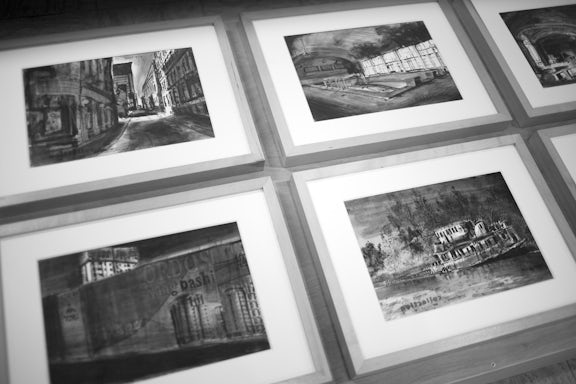
Ghost City
In his early, cursory work, Luk Berghe already commented on social matters. A prime example of this was the project (Global-Plastic-Chair in 2002) at Vlissingen, where visitors of the exhibition were confronted in a different and clearer way with the multicultural character of their environment.
Ever since 2005 Berghe draws on a daily basis. Meanwhile, he studied Arabic, as a critical and artistic statement but also out of cultural interest. He often travels to Arabaic countries and by doing so he ends up between two oppositional fields, between black and white; no man's land.
Initially his drawings treated of daily global political items. After which he searched more often in the Modern Past to investigate today's political and geopolitical problems. His drawings form a labyrinthian unity under the general title "noitcelloc aipotu" (utopia collection) and all drawings have a date stamp. His work looks direct and sloganesk, but it's also critical and clarifies our reality as it shows how phony all politico-cultural establishments are.
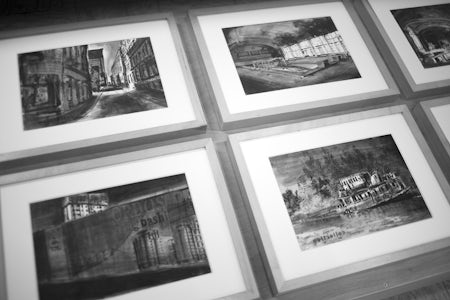
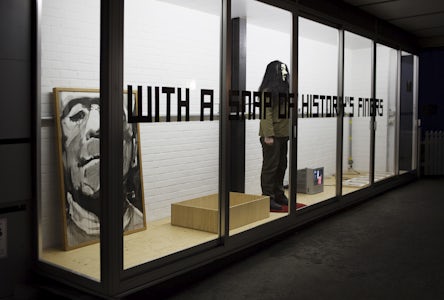
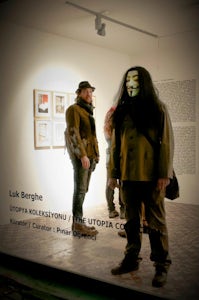
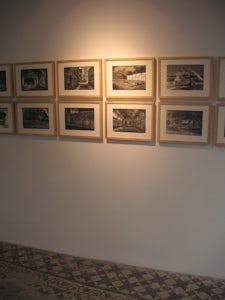
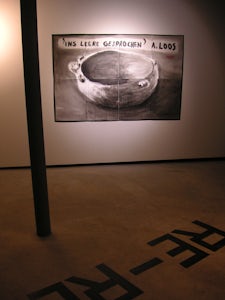
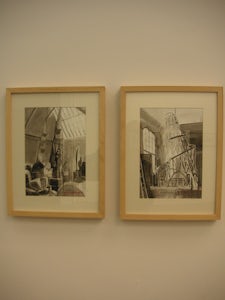
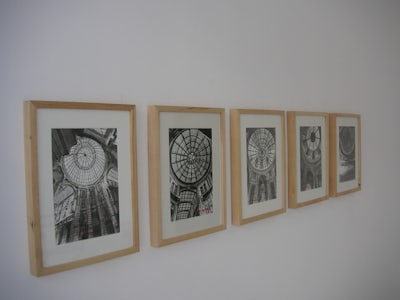
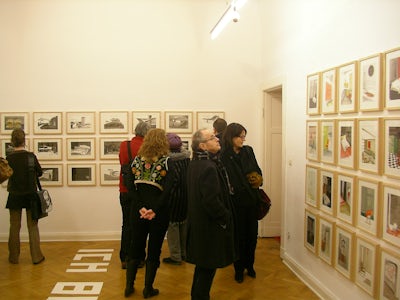
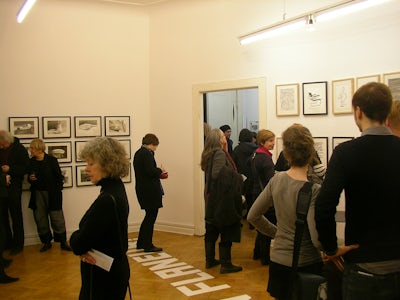
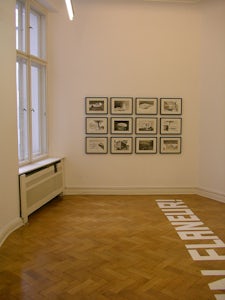
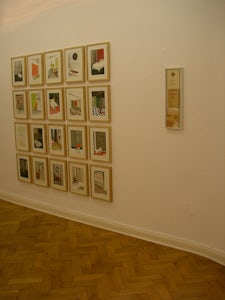
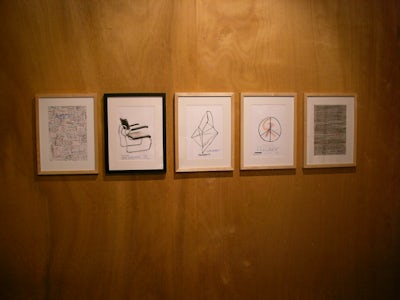
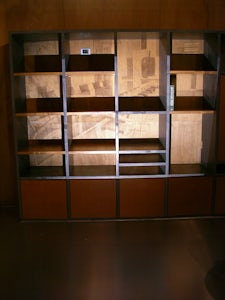
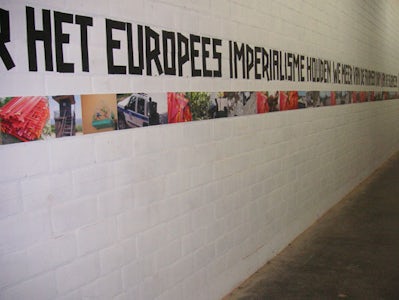
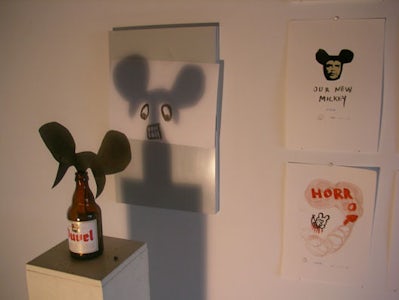
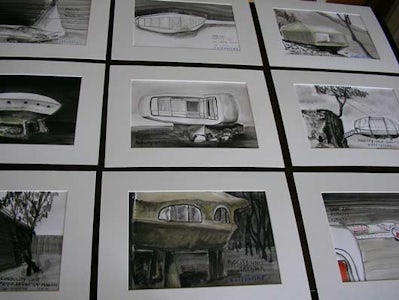
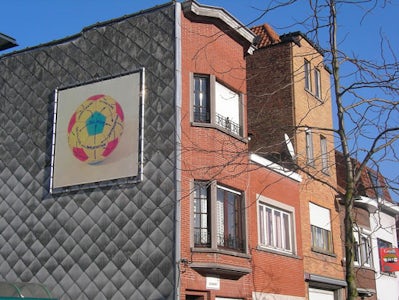
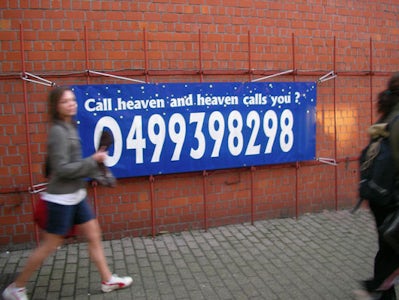
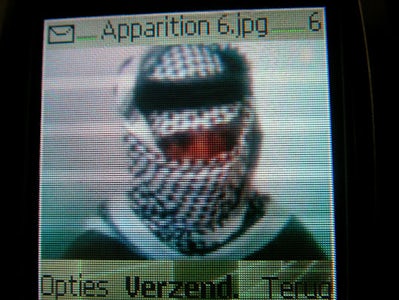
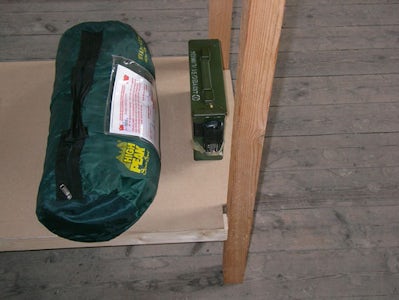
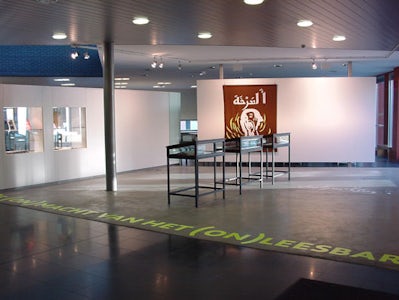
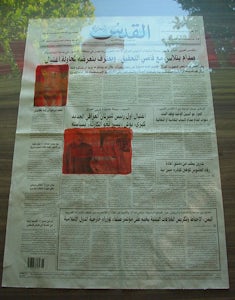
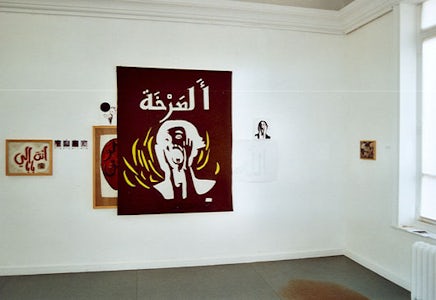
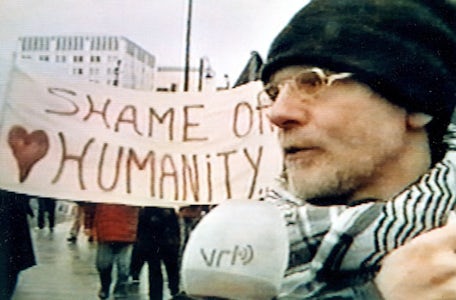
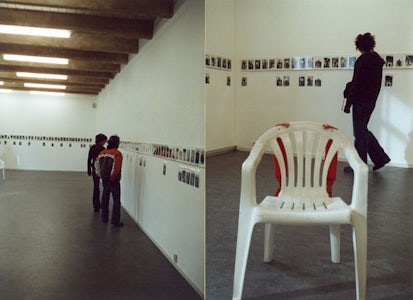
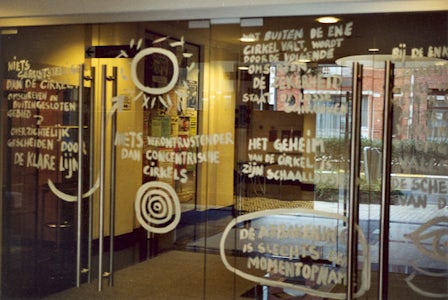
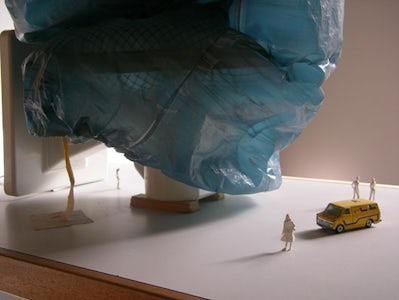
Group shows (selection)
Residencies (selection)
Fairs (selectie)
Artists
A curated overview of visual artists in Flanders.
Flanders Arts Institute
Expertise centre for performing arts, music and visual arts.

